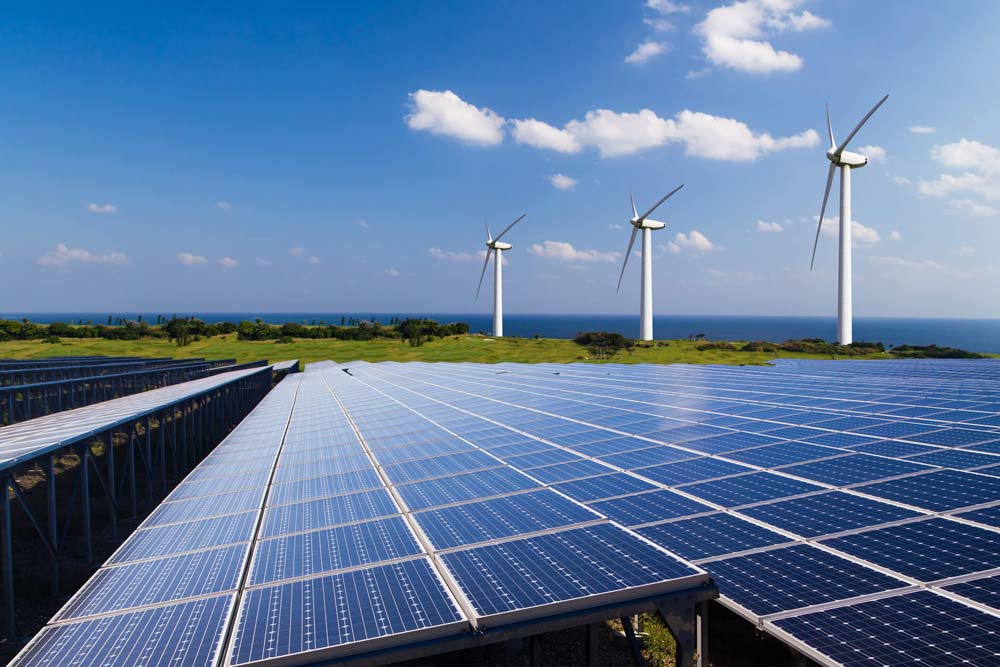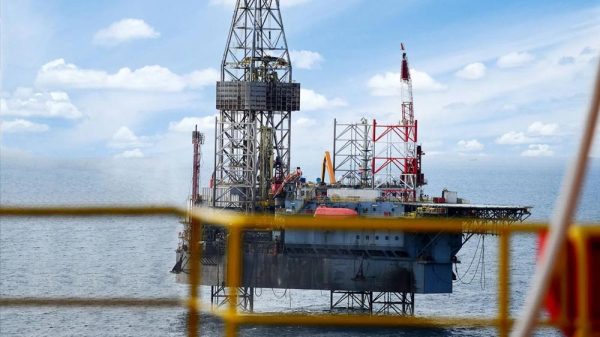Greece is positioning itself as a pivotal player in Europe’s evolving energy landscape, aiming to serve as a gateway for American liquefied natural gas (LNG) into the continent. With Europe striving to reduce its reliance on Russian gas—set to be entirely banned by 2027—the US and European nations are accelerating efforts to reshape energy supply routes.
Earlier this month, Greece signed a landmark long-term agreement with the United States to import 700 million cubic meters of LNG annually starting in 2030. The deal, which spans two decades, includes provisions to potentially increase imports to 2 billion cubic meters per year. By leveraging its strategic geographic location, Greece seeks to act as the “American agent” for gas supplies to Europe, particularly to the Balkans and Central and Eastern Europe.
A Strategic Advantage
Greece’s geographical position offers it a natural advantage as a transit hub for energy. The country has been heavily investing in expanding its LNG infrastructure, building new terminals and tripling its gas imports since 2020. These developments align closely with the US vision of replacing Russian gas across Europe, as articulated by US Energy Secretary Chris Wright: “We want to replace every inch of Russian gas in Europe.”
According to Dr. Philip Morris, an expert in fossil fuel economics, Greece is undergoing a transformation from being a terminal for Russian energy pipelines to becoming a launchpad for American energy exports into Europe. Furthermore, reduced transit fees in some European countries have enhanced the competitiveness of Greek energy routes over northern alternatives.
However, despite strong US support, Greece’s ambitions face challenges. Europe remains wary of overdependence on American LNG, which is sold at market-driven prices. Patty Donohue, a researcher at the Center for Energy Studies, highlights the financial strain: “The cost of American LNG remains three times higher than pre-Ukraine war levels. Since the war began, Europe has spent over €258 billion on gas imports, most of it from the US.” She also notes that the flexibility of US LNG contracts, which allow suppliers to redirect shipments to higher-priced markets, poses risks to Europe’s energy security—especially during harsh winters.
Balancing Short- and Long-Term Goals
High electricity costs in European nations reliant on US gas have weakened industrial competitiveness, including in Greece itself. Consequently, experts suggest that Athens must pursue a dual strategy: in the short term, acting as a distribution hub for US LNG, and in the long term, transitioning to a center for clean energy exports.
Renewable energy already accounts for over half of Greece’s electricity needs, with projections to exceed 70% within the next decade. However, achieving this requires significant investment in energy storage technologies, such as advanced battery systems. Current limitations in storage capacity result in approximately 10% of Greece’s renewable energy production being wasted annually.
Clark Kelliman, a former consultant to the International Energy Agency, underscores the importance of clean energy: “The future of energy dominance lies not in owning gas pipelines but in producing, storing, and exporting green electricity.” While Greece’s aspirations to become an LNG hub are promising, its ultimate focus should be on establishing itself as a leader in renewable energy, which represents the true future of Europe’s energy market.











